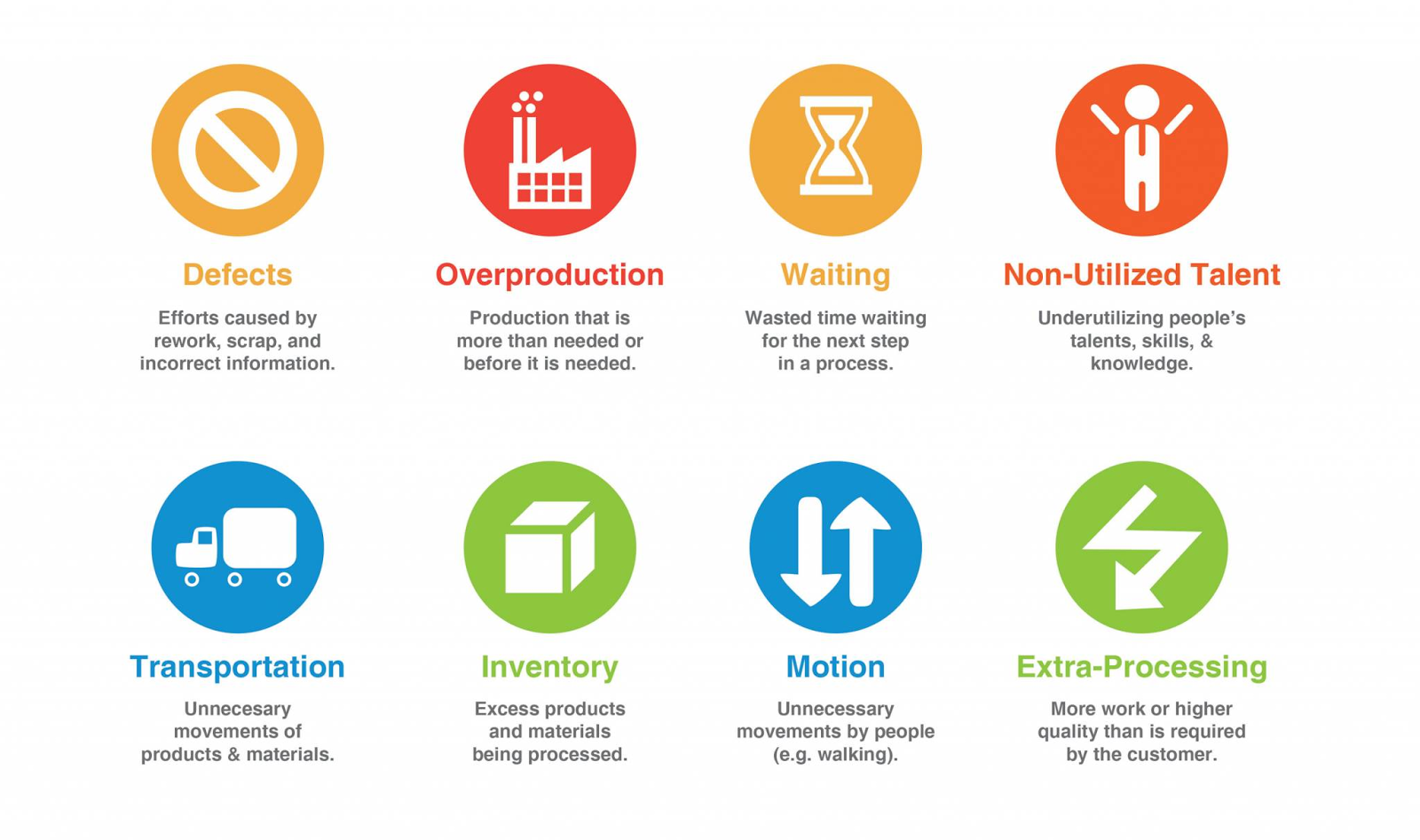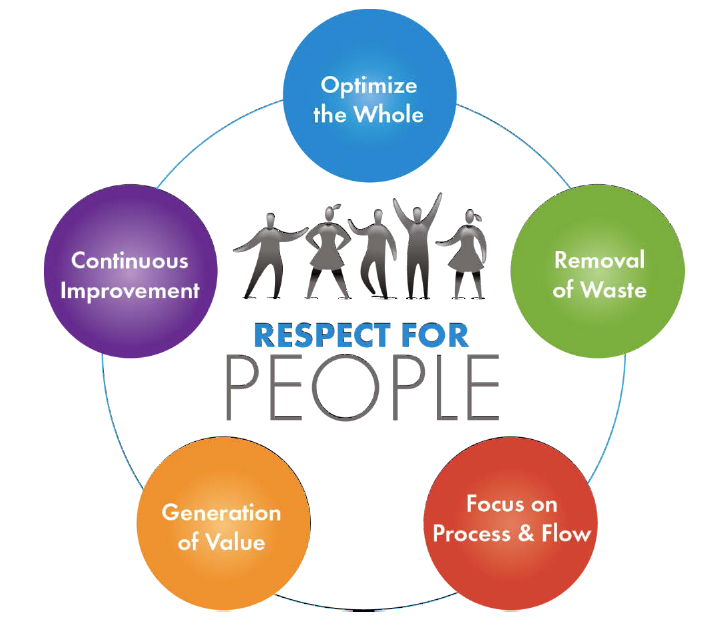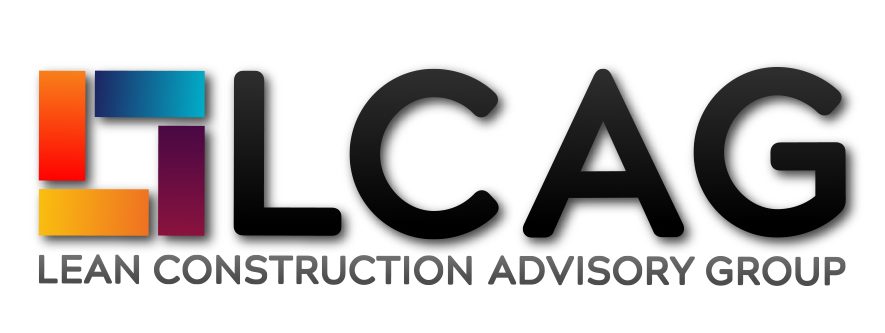The time has come for Lean Construction in Australia
The Australian Construction Industry Forum policy paper ‘Boosting Construction Industry Productivity’ noted that in 2015-16 the Australian Construction Industry had a turnover of $212 Billion, equating to 12.7% of GDP, but wasted up to 30% of its efforts.
A one third reduction in waste could therefore contribute an additional $20 Billion to the economy or, more importantly, enable state and federal governments with limited funds to construct more for less.
What can be done to boost productivity and reduce waste?
Thankfully, there are a number of ways to reduce waste and improve productivity on construction projects that have been successfully developed in Europe and the USA over the last 30 years. These methods and ideology are based upon the principles of Lean Manufacturing which was pioneered by Toyota after the Second World War and are therefore collectively referred to as Lean Construction.
The key principles of Lean Construction are:
- Respect for People as people are integral to the successful implementation and delivery of lean construction processes, through free and uninhibited flow of ideas and constructive feedback, neither of which would be possible without there being mutual respect for all participants in the process
- Focus on Process and Flow to achieve a reliable, continuous uninterrupted workflow
- Generation of Value by encouraging the project team to consider overall value from a Client’s perspective
- Removal of Waste, (see chart below for examples)
- Continuous Improvement
Specific, practical tools have been developed to aid with implementation of these principles, particularly in the areas of process optimisation with Value Stream Mapping and project scheduling with Last Planner (TM).
Building Information Modelling Systems (BIM) also have a big part to play in Lean Construction as , when adopted fully, they can increase collaboration between the project stakeholders, improve predictability of outcomes and therefore reduce waste.
Studies have shown that, when Lean Construction methods are fully implemented, it is possible to achieve cost savings of up to 30% and schedule savings of up to 20%!
Why hasn’t Lean Construction been adopted before now?
So why, given the documented and significant benefits of Lean Construction, has Australia been so slow to get on board?
For any significant change in behaviour to take place it is necessary for there to be a catalyst for change in order to overcome the ‘if it ain’t broke, why fix it mentality’, which according to a consultant behavioural scientist friend of mine (Kevin Porter) is particularly ingrained in the Australian Psyche.
In other countries that catalyst has been provided by Government initiatives and direct action in the form of mandating elements of Lean Construction such as BIM or Last Planner (TM). Other national Governments / Government Bodies have also been more willing to use collaborative forms of contract for their projects.
One of the most important principles of Lean Construction is that by optimizing a single step in a process you de-optimize the whole. Given traditional construction contracts divide all the parties on a project into separate camps, commercial logic dictates that each party will be intent on optimizing its own part of the project, thus de-optimizing the whole.
Lean Construction Advisory Group
Another potential reason for the slow adoption of Lean Construction here in Australia is the lack of available support for owners and contractors wishing to embrace it. There are currently consultancies that offer assistance in different aspects of Lean Construction such as BIM, process improvement, waste reduction and planning but very few that are able to assist with all the different aspects and therefore provide a seamless support service.
This is why Christina Levinson and myself decided to form the Lean Construction Advisory Group.
LCAG will be a one stop shop for advice, assistance, support and training in all aspects of Lean Construction.
My involvement with LCAG does not mean the end of Brackenway Consulting or the Virtual Commercial Manager. On the contrary, the Virtual Commercial Manager will work hand in hand with the Lean Commercial Manager and Brackenway will continue to provide the industry leading commercial advice and assistance so valued by its Clients.
So what are you waiting for? Contact LCAG today to start your lean journey to improved project outcomes.




